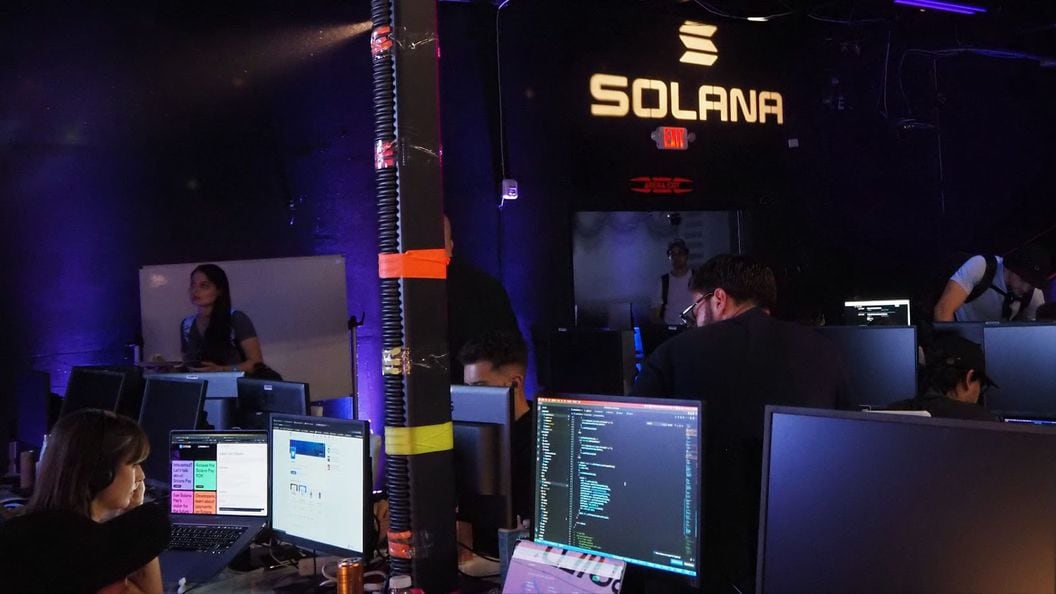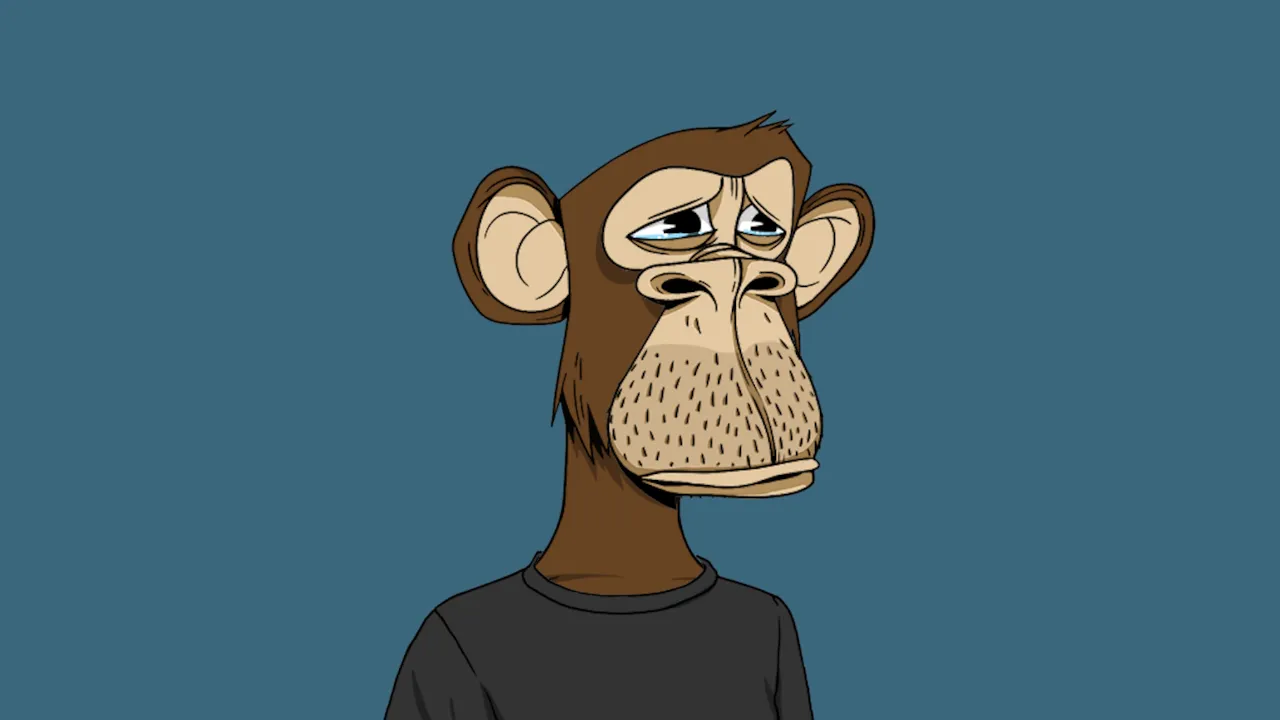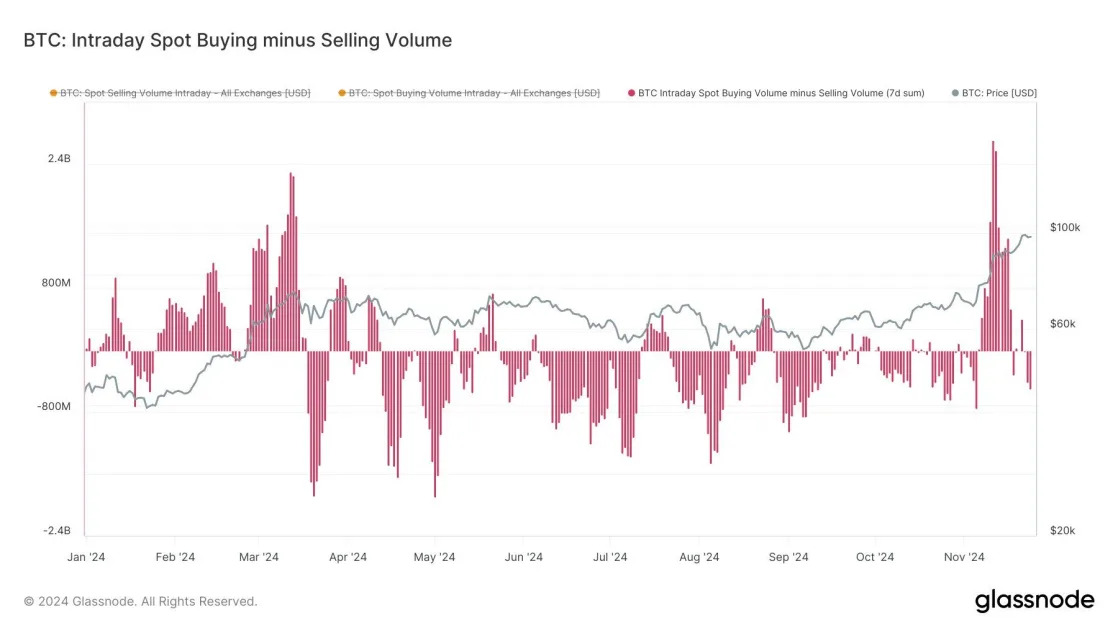SEOUL, South Korea (AP) — South Korea’s central bank lowered its key policy rate for a second straight month and said the country’s economy will grow at a slower pace than it initially anticipated.
Following a policy meeting, the Bank of Korea cut its benchmark interest rate by a quarter percentage point to 3%. The bank lowered its outlook for the country’s economic growth to 2.2% from 2.4% for this year and to 1.9% from 2.1% for 2025.
The bank is taking steps to lower borrowing costs despite the lingering effects of high inflation and alarming levels of household debt, as the economy falters.
The bank cut its policy rate by a quarter percentage point to 3.25% in October in its first rate cut since May 2020 in the depths of the COVID-19 pandemic.
The bank said the country’s trade-dependent economy faces growing uncertainty in global economic trends and inflation that could be impacted by the policies of President-elect Donald Trump and ongoing geopolitical conflicts.
Since winning reelection, Trump has vowed to slap huge new tariffs on foreign products entering the United States, including those from Mexico, Canada and China, which he insists will create more domestic jobs and shrink the federal deficit.
In a news conference, Bank of Korea Governor Rhee Chang Yong said the bank faced a difficult decision over whether to freeze the rate or lower it. But a bigger-than-expected decline in exports during the last quarter and Trump’s election win moved the needle.
“We had been contemplating the uncertainties that would be brought by the results of the U.S. presidential election, but a ‘red sweep’ where the House and Senate were all won by one side was something we did not anticipate,” Rhee said.
Rhee said Trump’s win “increased the uncertainty in policy, not only for us but for the world,” but said it was too early to predict how Trump’s steps on tariffs would impact South Korean exports.
The rate cut could help spur domestic consumption by putting more money into the economy, but is unlikely to reverse the slowdown in exports, which is due to long-term competitiveness issues in key industries that should be addressed through policy changes or restructuring, Rhee said.
Rhee said three of the six monetary policy committee members believe that the bank should lower the rate further within the next three months to help revive the sluggish economy. The bank will closely monitor trends in household debt and property prices before considering another cut, he said.
The bank said in a statement that South Korea’s economy has been losing momentum due to weak domestic spending, slowing exports and rising unemployment.
“Going forward, domestic consumption will see a mild recovery, but the recovery in exports is likely to be weaker than initially anticipated due to intensifying competition and strengthening of protectionist trade policies in key industries,” it said.






